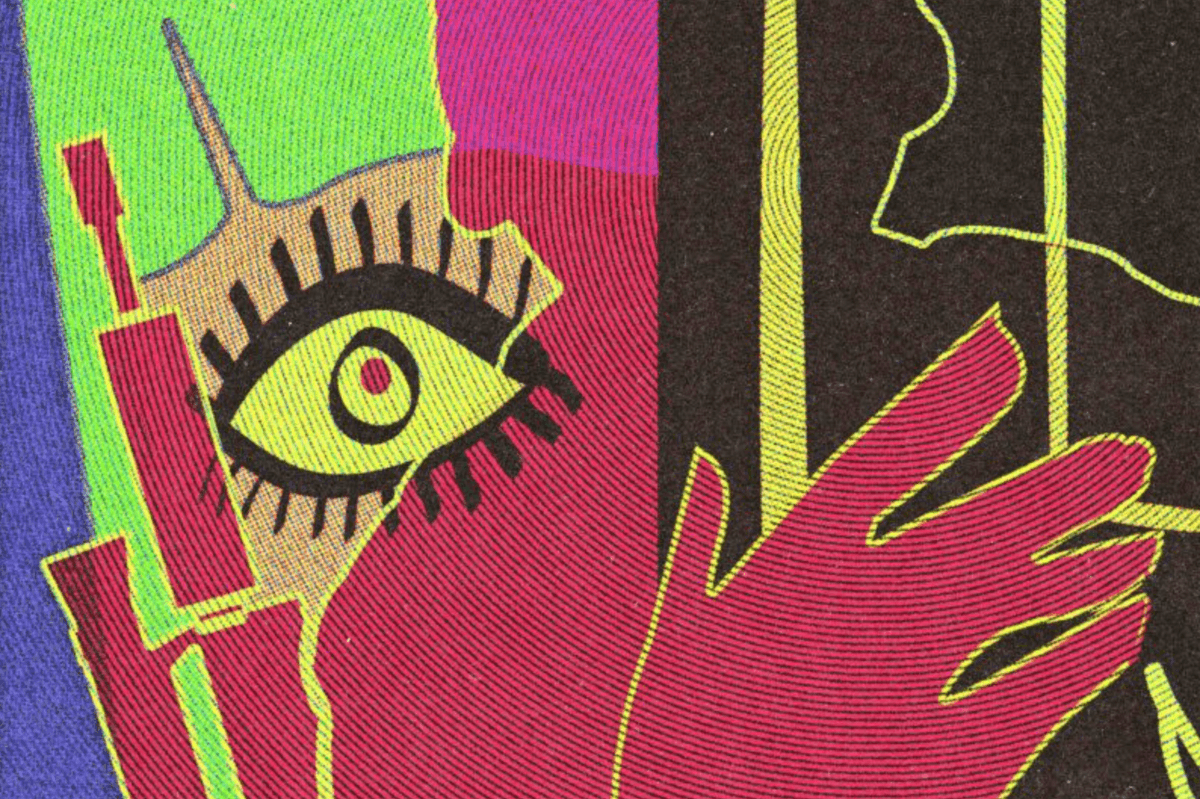Lockard is an Iowa resident who regularly contributes to regional newspapers and periodicals. She is working on the second of a four-book fictional series based on Jane Austen’s “Pride and Prejudice."
“One country, one constitution, one destiny,” Daniel Webster said in a historic 1837 speech defending the American Union.
This of Fourth of July, 187 years after Webster’s speech and the 248th anniversary of the signing of our Declaration of Independence, Webster would no doubt be dismayed to find his quote reconstrued by popular opinion to read something like this:
“Divided country, debated constitution, and as for destiny, we’re going to hell in a hand-basket.”
But we’re not! “We, the people” of this great country are doing just what we are supposed to be doing and what we have always done. We are arguing, we are adjusting, we are changing with the times, growing, individually and societally.
The time to seriously worry about the United States is if we are not debating. That would mean we are afraid of the repercussions of dissention, worried about retaliation or accepting that our views have been corralled by a dictator. We may have homogenized, to different degrees, living in the United States, but Americans are not the Borg. This is a country of individuals.
Pundits on either side of extremism like to use our Constitution as justification for their favorite maxims, evidence of their ordained views. The Constitution has withstood jabs from all directions, been interpreted one way, changed, walked back, reassessed, added to. It is a living document, and though we are not celebrating its ratification this week, our forefathers must be celebrated for that. Truly, an accomplishment of the ages.
Many specialize in romanticizing, or villainizing, our past. But we cannot know, really, what it was like to live in another’s time, any more than we can zip back 248 years to Philadelphia and tell Thomas Jefferson it’d be much easier to draft the Declaration of Independence in Google Docs. Still, from our enlightened position, where hindsight must be 20/20, we stand in judgment of our ancestors. But tearing down the past is like slapping a college graduate’s hand for spilling her milk when she was 2. The value is in learning from our past. Judging our predecessors does not change history, any more than devaluing our contemporaries changes the present.
The truth is, we cannot help but swirl in the broth of our own times. Like it or not, those alive with you on this planet today are the people you are stuck with. And our country’s problems … well, they’re yours, too.
The United States has always brooked controversy, and has always had challenges. Is there a country that doesn’t, a person who doesn’t? Working through them is the true test; the pendulum swings, but must not topple the watch-tower. In each era, people consider theirs the worst of times and, simultaneously, the best. Did your parents like your music? Do you like your children’s?
This week, to varying extents, we will be caught up in celebrating the birthday of this big, wild and diverse country. Our surge of patriotism may last only a day, yet it is something to be treasured. As George William Curtis wrote, “Patriotism is the vital condition of national permanence.”
Consider, if all our feuds were suddenly mended, it would likely mean we were united against a common enemy, but another world war is far too extreme a correction for political disagreement. Let’s just keep arguing.
Have your opinions; they’re yours. Or change them; they’re yours to change.
And believe this country, where you can freely express those opinions, is often wrong. Because it is. But it is often in the right as well and, best of all, it is trying to get there.
We will hear songs this week we consider surging with patriotism, such as “Born in the USA.” Although those lyrics were used as the proud anthem of several presidential campaigns, among them Ronald Reagan’s and Donald Trump’s, Bruce Springsteen’s song is actually about a disillusioned Vietnam vet.
Contradictions, conflicts, misinterpretations: That is America.
So, this week, somewhere between the burgers and the fireworks, between watching the fireflies and children writing their names with sparklers, listen to, hum or belt out one of our truly great patriotic songs, like “America, the Beautiful.”
Because our country — despite our differences, and because of them — is so very beautiful.




















